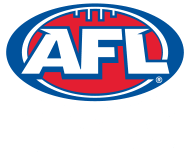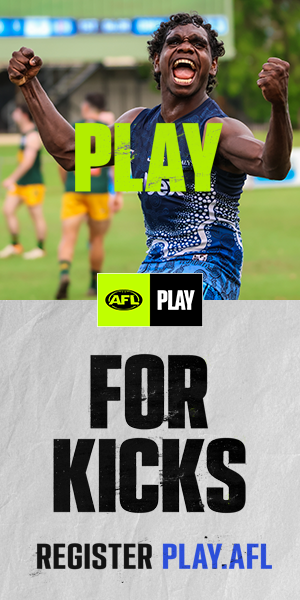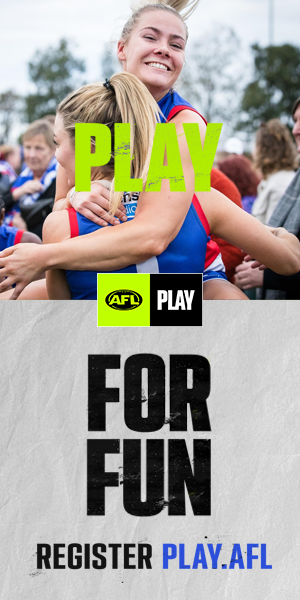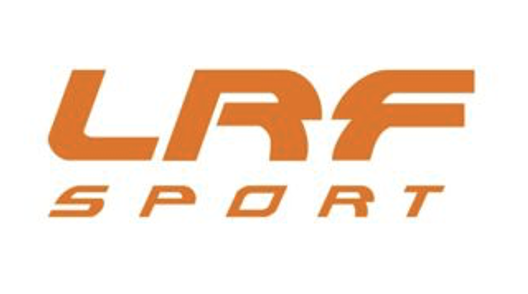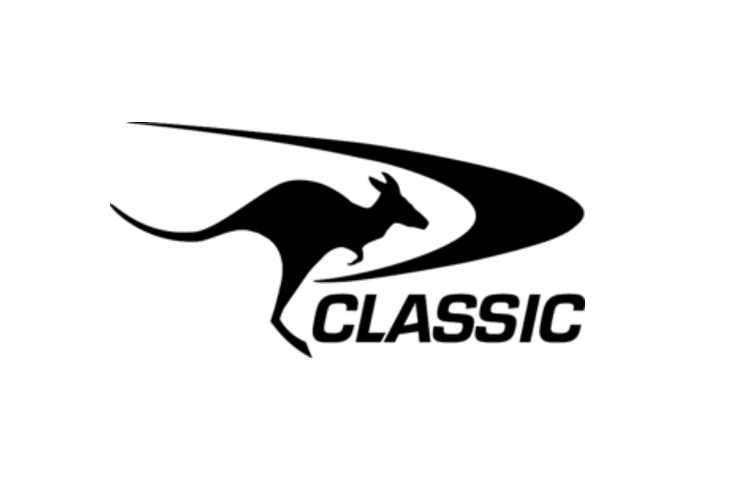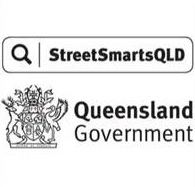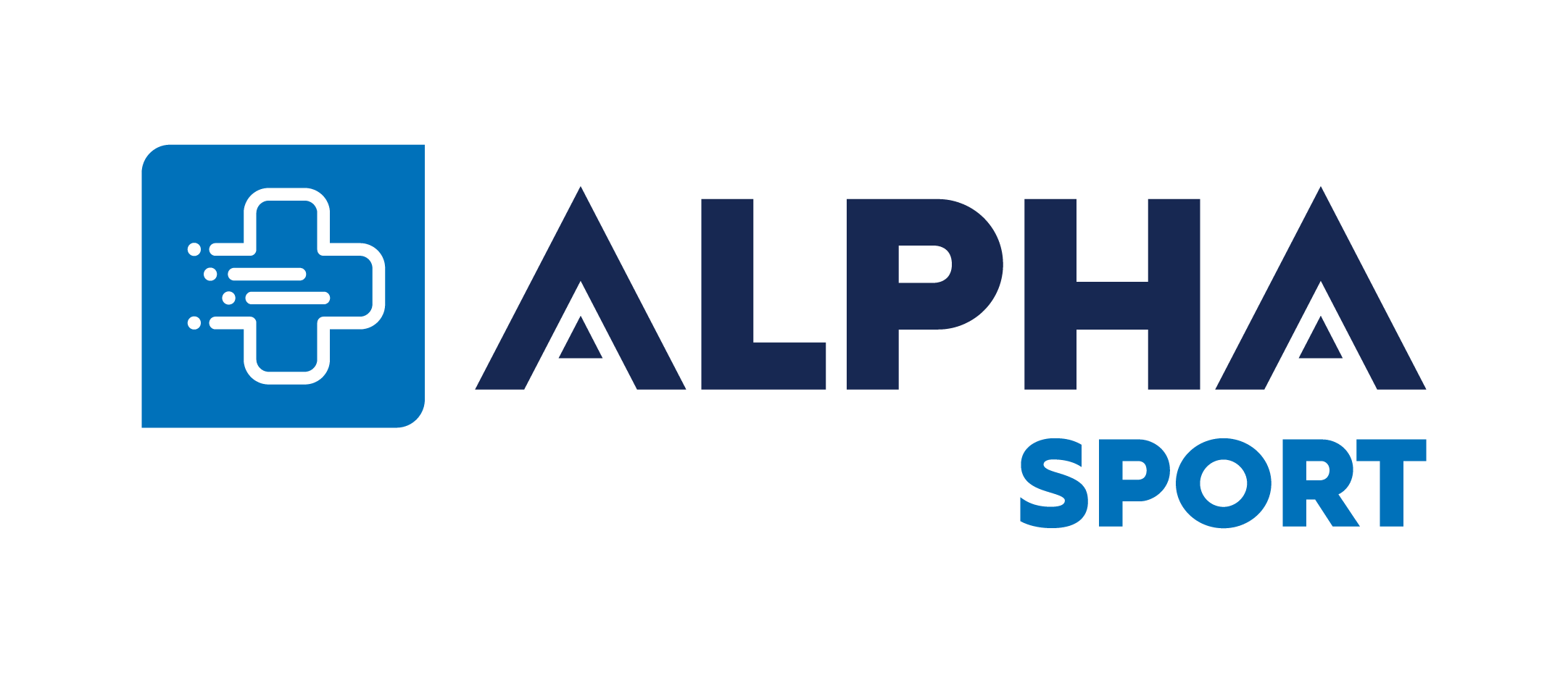It’s 7am Tuesday. Rick Hanlon has assembled his ‘crew’ at the offices of AFL Cape York and they set out on a three-day 2,300km round trip to Bamaga. Driving in 11-seat troop-carriers, they’ll go all day, camp out overnight at Musgrave Station Rd House, and get to the tiny town of 1,164 people 40km from the northern tip of Cape York early Wednesday morning. It’s Chris Johnson and Angie Nadredrea Cup Day, where Under-16/17 boys and girls from across the Cape and Torres Strait Islands gather for their annual football highlight for the 15th year in a row.
It’s a full day. Photos, clinics, a powder paint ‘fight’ and 300 free t-shirts for the local kids and the football. First, the girls play for the Angie Nadredrea Cup, named in honour of a long-time participant and coach in the program and an AFLQ women’s representative player from Bamaga. Then for the boys it’s all about ‘Johnno’, the Brisbane Lions triple premiership star and Indigenous AFL great. A wonderful program ambassador and mentor.
After the football formalities are done the ‘crew’, comprising 45 Indigenous players and 20 staff and volunteers, pack up again and hit the road for the return journey. But not before a traditional swim at Fruit Bat Falls. It’s getting late. They’ll stop and set up camp back at Musgrave Station Rd House, feed the ‘crew’ and grab some sleep before rolling out at 6.30am Thursday to get back to Cairns about 5pm.
It’s just another week on the job for Rick Hanlon OAM, Tasmanian Football Hall of Famer turned General Manager of AFL Cape York, who oversees AFL development in a catchment area of more 400,000 sq km land and sea, from the Daintree Rain Forest north to Torres Strait, including 13 outer islands and Education Queensland campuses, and east to Mornington Island in the Gulf of Carpentaria.
It’s a massive job, confirmed by the fact that what was a $25,000 development budget when Hanlon started in Cairns in 1998 is now an $8.5million budget which employs 86 staff.
It’s been one great big adventure for 60-year-old Hanlon. So many beautiful places and amazing people, as he says. So many life-changing experiences and so many successes. “I’ve loved every minute of it,” he said.
The over-riding summary of the life and times of Rick Hanlon in Far North Queensland is that he’s changed the lives of countless young Indigenous people. Through football and, perhaps even more importantly, through education, health, and opportunity.
In 2013 AFL Cape York House for Boys was opened and followed by AFL Cape York House for Girls in 2018. The Houses support and provide opportunities in a safe and supportive boarding environment for Indigenous secondary boy/girl students as they navigate high school, and have enhanced the lives our many young people from age 11-18.
Together the Houses have provided accommodation, educational and well-being support, employment and training for Indigenous youths from remote communities like Hope Vale, Coen, Lockhart River, Kowanyama, Coen, Aurukun, Pormpuraaw Bamaga/Injinoo, Mornington Island, Badu Island, Maubiag Island, Moa Island, Yam Island and Coconut Island.
Football is only part of it. A means via which AFL Cape York has been able to identify young people for a program which first and foremost is about personal advancement. About giving young Indigenous people visual and lasting opportunities to become the people they wish to be.
“For example our Girls House had an overall attendance rate in semester 1 this year of 92% – and half of the cohort at 95%-plus – that’s unheard of among similar boarding programs across the country,” Hanlon trumpets proudly and rightly so.
“It’s all about the individual well-being of young people and what lies ahead for them. We provide a safe, secure, and calm environment whereby students can go to school and learn. Football is part of the well-being program. We are not an Academy. If your body and mind are fit, you will learn more and make better decisions and just feel better about yourself.”
It’s a project via which AFL Cape York, with massive funding from the Federal Government and an important contribution, too, from the State Government, has invested $20million to establish the ‘houses’, run by Kane Richter (boys) and Shaun Hunter (girls). “We have two amazing managers running our Boarding Houses that have the commitment and desire to make a difference,” Hanlon said.
Over the years many hundreds of young Indigenous people have been through the programs, including Rex Liddy, who played with the Gold Coast in their first year in the AFL in 2011, and Charlie Cameron, a 200-game star with Adelaide and now Brisbane. Also, Nathan Jawai, a 209cm Torres Strait Islander, a cousin of Australian basketball superstar Patty Mills who himself has represented Australia, was drafted to the NBA by the Indiana Pacers in 2008 and has played at the top level around the world. Jawai’s first cousin, sprinter Otis Gowa, who was the Australian 100m champion in 2008 and represented Australia at the Oceania Championships in 2002-04-06.
It all started when Hanlon, having moved from Tasmania specifically to work in this space, identified the enormous challenges and opportunities presented in Far North Queensland, and started things happening.
Born and bred in Hobart, Hanlon began a decorated playing career in 1979. He played more than 200 games with New Norfolk in the Hobart-based Tasmanian Football League. He coached North Hobart in the TFL in 1995-96, was playing-coach at Scottsdale in the Northern Tasmanian Football League from 1992-94 and finished back at New Norfolk in 1997. An attacking centre half back, he was a premiership player at New Norfolk in 1982 under Robbie Dykes and alongside one-time Mayne and Queensland star Hedley Thompson.
In 1990, playing with New Norfolk, he won the coveted William Leitch Medal for the best and fairest player in the TFL. Dating back to 1925, it is an award won in 1931 by Albert Collier, later a Brownlow Medallist, six-time Collingwood AFL premiership player, Team of the Century member and AFL Hall of Famer, in 1960 and 1967 by Stuart Spencer, later a two-time Melbourne premiership player and Team of the Century choice at and AFL Hall of Famer, in 1978-79 by legendary Hawthorn full forward Peter Hudson, a four-time Coleman Medallist, Hawthorn Team of the Century member and AFL Hall of Fame Legend. And of more local relevance, by three ex-Brisbane AFL players – Adrian Fletcher (1988), Danny Noonan (1995-96) and Josh Green (2022).
Hanlon played eight times for Tasmania, won the NTFL’s Darrel Baldock Medal as playing coach at Scottsdale in 1992 and was an inaugural inductee to the Tasmanian Football Hall of Fame in 2014.
He worked in junior development for AFL Tasmania until one day he spotted an advertisement for a Development Manager in North Queensland. He was interviewed by Ed Biggs and Kevin Sheehan and started work in Cairns on 18 January 1998. He moved north on a two-year plan, and 25 years later is a local institution.
When he arrived, there were 450 junior players in the NQ ‘capital’. There were good facilities but not a lot of structure. By 2006, there were 1,000 players after a lot of work transforming junior competitions, establishing Auskick centres and enhancing opportunities for umpires and coaches.
But Hanlon insisted the program could do so much more so he encouraged then AFLQ Chief Executive Richard Griffiths to commission a review of football in the north, conducted by Bob Batty.
The upshot was the formation of AFL Cape York Ltd, which was incorporated in 2003 and started operations in 2006. Hanlon, the inaugural CEO, joined forced with Del Lythall, who had worked with AFL Cairns from 1989 and was appointed Administration Manager of AFL Cape York in 1996.
“It’s all about the people up here. Del was a superstar, one of the very best, we’ve had a stack of great people. I’m so proud of the staff. It takes a special person to work in this area, but we’ve been fortunate to have a lot of special people like Keith Sambo (deceased), Nick Bigg, Marc Harbrow, Glady Atkins, Brad Campbell. The list could go on and on. John Hollander, AFL Cape York chairman for 17 years, has been a wonderful support to me and the program.”
Hanlon, made a Life Member of AFL Cairns Juniors in 2008 and awarded the Order of Australia Medal (OAM) in 2017, has been the face of it all, and despite his ongoing efforts to deflect and share the credit in January 2022 he was named Cairns Citizen of the Year.
Significantly, too, Hanlon has worked closely with the North Queensland Cowboys and the NRL to build a similar program based in Townsville. The Queensland Government encouraged him to work closely with his cross-code counterparts and, adopting the same model and happy to accept his advice and guidance, they too have established a life-changing program for Indigenous youth.
“It took us over 10 years to get our boarding program operational and it took the NRL just two years but that’s great because it shows we’ve made a difference.”
Said Hanlon in summary: “At the end of the day it’s about how we use the game to make a difference, to change lives. We are achieving this through having great people in support of our young people and providing unlimited opportunities through sport, education, and social and emotional well-being programs.”
